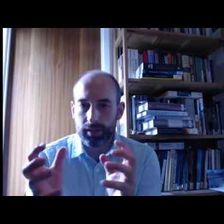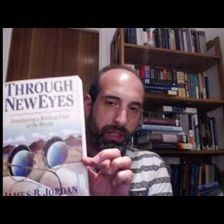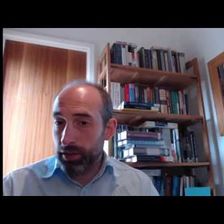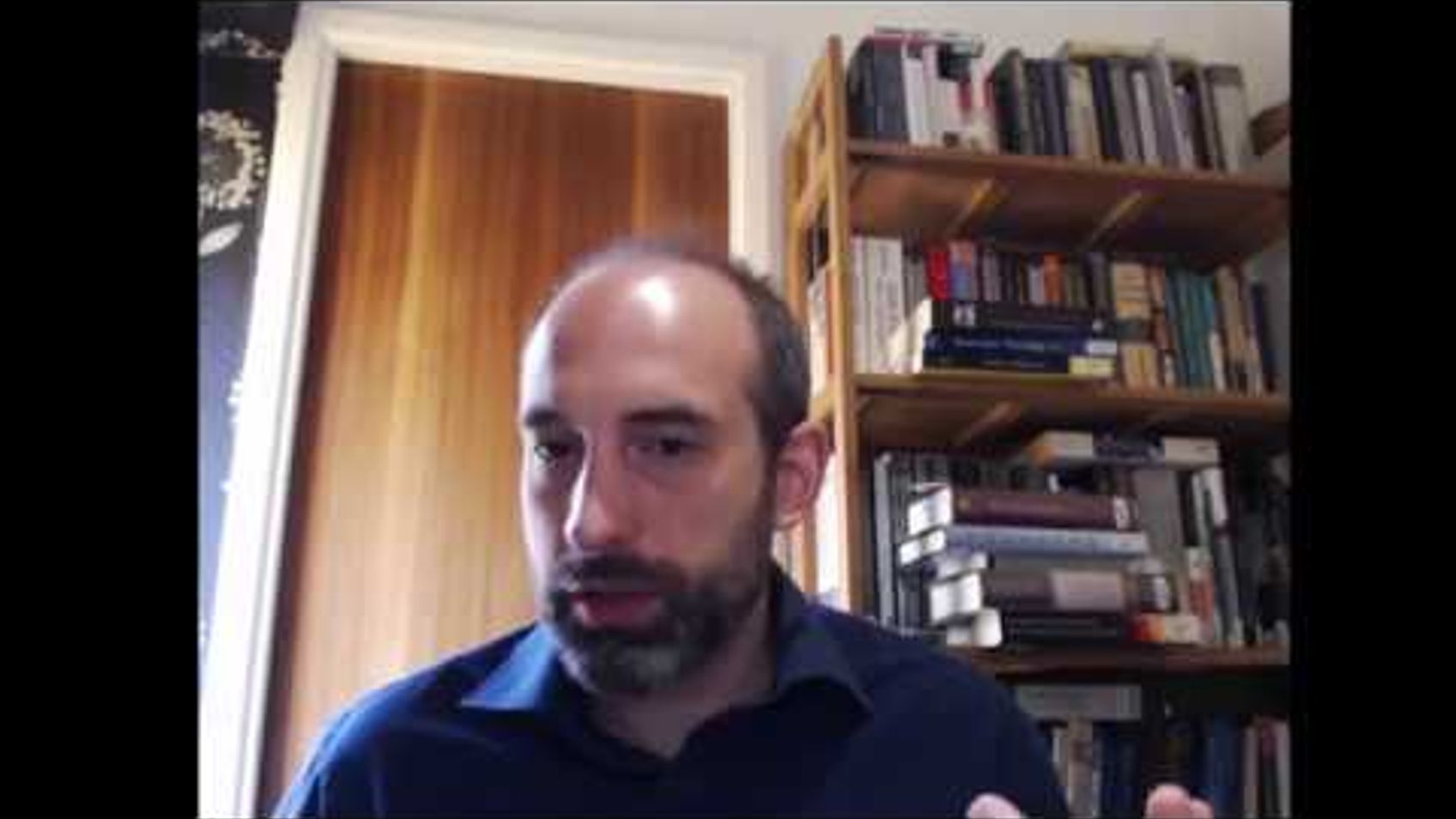Q&A#12 The Meaning of Rachel's Tears in Matthew 2
July 19, 2018

Alastair Roberts
Today's Question: "What does the conception of Issachar have to do with Matthew 2:16-18?"
For Rabbi David Fohrman's reading, see https://www.alephbeta.org/course/lecture/tisha-bav-2015.
If you have any questions, you can leave them on my Curious Cat account: https://curiouscat.me/zugzwanged.
More From Alastair Roberts

Q&A#13 How Do We Reconcile the Differing Accounts of Judas' Death?
Alastair Roberts
July 21, 2018
Today's Question: "How do you deal with the seemingly contrasted accounts of how Judas dies?"
I've discussed some of this in a recent piece here: htt

Q&A#14 How Does Genesis Anticipate Later History?
Alastair Roberts
July 22, 2018
Today's Question: "I loved your observations on how Gen 12-14 traces out the history of Israel (in advance of that history!). Fascinating stuff! Could

Q&A#15 What Should We Make of Jeremiah's Prophecy of a New Covenant
Alastair Roberts
July 24, 2018
My new Soundcloud account is here: https://soundcloud.com/alastairadversaria.
Today's Question: "As a paedobaptist, I am curious how would you respon

A Must-Read Book!
Alastair Roberts
July 18, 2018
I recommend James Jordan's book 'Through New Eyes: Developing a Biblical View of the World' (https://amzn.to/2NoYVPs). His Reading the Bible series of

Q&A#11 What Should We Make of the Sign Gifts?
Alastair Roberts
July 16, 2018
Today's Question: What is your view of the miraculous gifts (like prophecy and the gifts of tongues) in the New Testament period? Did these discontinu

Unravelling the Mysteries of the Book of Esther
Alastair Roberts
July 15, 2018
An attentive reading of the book of Esther will raise various important questions that most of its readers miss. In this video, I discuss some of the
More on OpenTheo

Keri Ingraham: School Choice and Education Reform
Knight & Rose Show
January 24, 2026
Wintery Knight and guest host Bonnie welcome Dr. Keri Ingraham to discuss school choice and education reform. They discuss the public school monopoly'

What Do You Think About Churches Advertising on Social Media?
#STRask
January 19, 2026
Questions about whether there’s an issue with churches advertising on social media, whether it’s weird if we pray along with a YouTuber, and whether C

Does God Really Need a “Pound of Flesh” to Forgive Sins?
#STRask
January 12, 2026
Questions about how to answer the challenge that God doesn’t need a “pound of flesh” to forgive sins but can simply forgive, and whether the claim in

Are Demon Possessions and Exorcisms in the New Testament Literal?
#STRask
December 11, 2025
Questions about whether references to demon possessions and exorcisms in the New Testament are literal, how to talk to young children about ghosts, an

Can Two Logical People Come to Conflicting Conclusions Without Committing a Fallacy?
#STRask
January 8, 2026
Questions about whether two logical people can come to conflicting conclusions on a topic without committing a fallacy, how Greg, as a public figure,

Is 1 Corinthians 12:3 a Black-and-White Tool for Discernment?
#STRask
October 27, 2025
Questions about whether the claim in 1 Corinthians that “no one can say ‘Jesus is Lord’ except in the Holy Spirit” is a black-and-white tool for disce

How Do I Determine Which Topics at Work Are Worth Commenting On?
#STRask
January 5, 2026
Questions about how to determine which topics at work are worth commenting on, and a good way to respond when you’re in a group Bible study and hear e

Did Jesus Prove He Wasn’t Sinless When He Overturned the Tables?
#STRask
December 29, 2025
Questions about whether Jesus proved he wasn’t sinless when he overturned the tables, whether Jesus’ response to the Pharisees in Mark 3:22–26 was a b

How Could One Person Trust Another Person on the Topic of God?
#STRask
March 5, 2026
Questions about how one person could trust another person on the topic of God, how STR obtained information about God that others haven’t obtained, an

What Is Wrong with Wokeness? With Neil Shenvi
Life and Books and Everything
January 19, 2026
In this timely interview, Kevin talks to Neil Shenvi about his new book (co-authored with Pat Sawyer), entitled “Post Woke: Asserting a Biblical Visio

Sense, Sensibility, and Adam Smith with Jan Van Vliet
Life and Books and Everything
February 16, 2026
This year is a special anniversary for the United States as Americans celebrate 250 years of independence. But 1776 was an important year in more ways

Why Does the Bible Teach You How to Be a Proper Slave Owner?
#STRask
November 13, 2025
Question about why it seems like the Bible teaches you how to be a proper slave owner rather than than saying, “Stop it. Give them freedom.”
* It s

Lora Ries: Border Security and Immigration Policy
Knight & Rose Show
December 7, 2025
Wintery Knight and Desert Rose welcome Lora Ries to discuss border security and immigration policy. They explore Biden's policy changes, like ending R

Why Are So Many Christians Condemning LGB People Just Because of How They Love?
#STRask
January 15, 2026
Questions about Christians condemning LGB people just because of how they love, how God can expect someone to be celibate when others are free to marr

Is It a Sin to Feel Let Down by God?
#STRask
November 6, 2025
Questions about whether it’s a sin to feel let down by God and whether it would be easier to have a personal relationship with a rock than with a God
